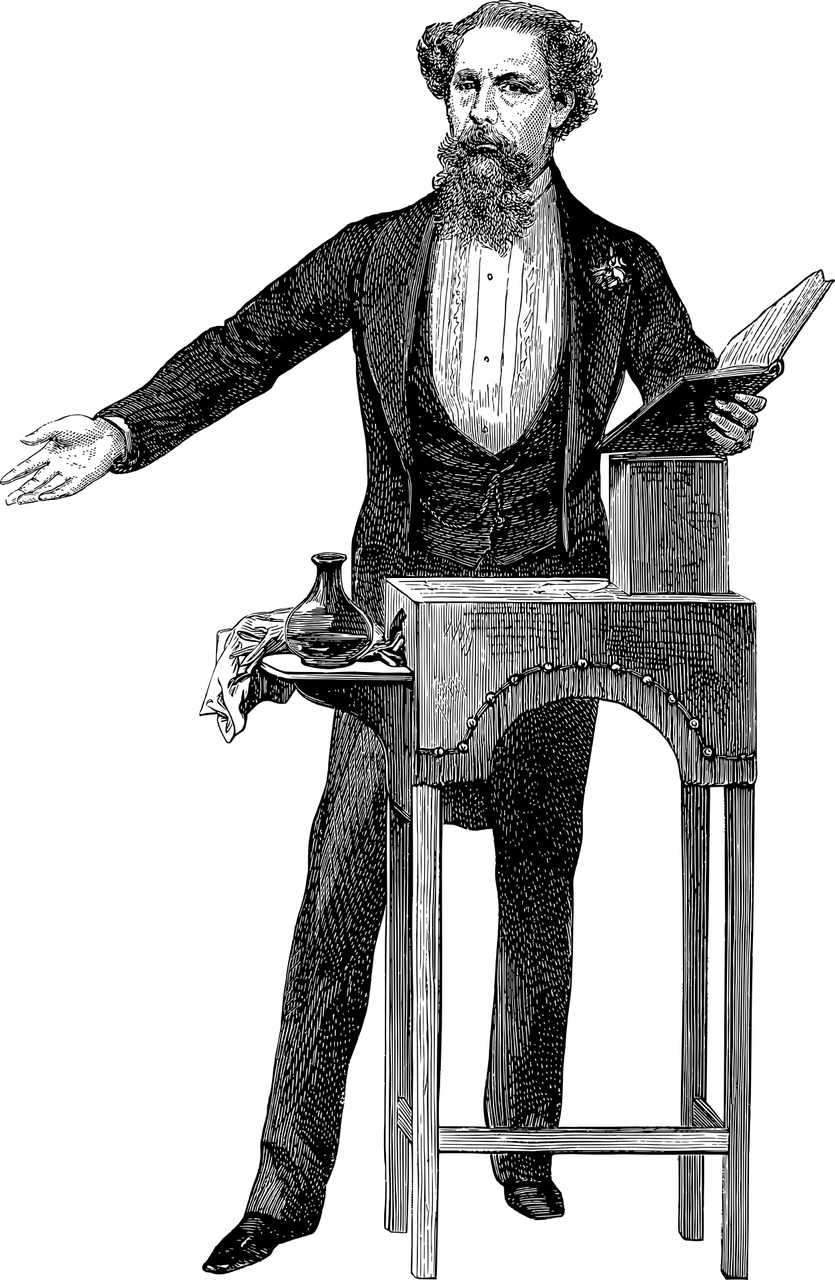George Orwell is widely regarded as one of the most influential writers of the 20th century, known for his insightful and thought-provoking novels

From his powerful political allegories to his dystopian visions, Orwell’s books continue to resonate with readers today. In this article, we will delve into the world of George Orwell’s books, exploring their significance and evolution over time.
Introduction to George Orwell Books:
George Orwell, born Eric Arthur Blair, was an English novelist, essayist, and journalist. His works reflect his strong political convictions and his deeply felt concerns about societal issues such as totalitarianism, social injustice, and the abuse of power. Orwell’s books are known for their stark realism, incisive social commentary, and powerful storytelling.
1. 1984:

One of Orwell’s most famous and enduring works is “1984.” Published in 1949, this dystopian novel explores a future world ruled by a totalitarian regime known as the Party. The story follows Winston Smith, a low-ranking Party member, as he rebels against the oppressive surveillance, manipulation, and censorship in his quest for freedom. The themes of government surveillance, thought control, and the suppression of individuality in “1984” continue to resonate in today’s digital age.
2. Animal Farm:
Another iconic work by Orwell is “Animal Farm,” published in 1945. This allegorical novella tells the story of a group of farm animals who overthrow their human farmer in the hope of creating an egalitarian society. However, their utopian dreams are soon corrupted by the pigs’ hunger for power, leading to a new oppressive regime. “Animal Farm” serves as a powerful critique of the Soviet Union and explores themes of power, corruption, and the manipulation of language.
3. Down and Out in Paris and London:
In “Down and Out in Paris and London,” Orwell draws upon his own experiences of living in poverty to provide a firsthand account of the hardships endured by the working class. This semi-autobiographical work, published in 1933, sheds light on the dehumanizing conditions of poverty, the struggle for survival, and the resilience of the human spirit. Orwell’s vivid descriptions and keen observations offer a compelling exploration of social inequality and the harsh realities of life at the margins of society.
4. Burmese Days:
“Burmese Days,” published in 1934, draws upon Orwell’s experiences working as a police officer in British colonial Burma. Set in the fictional town of Kyauktada, the novel explores themes of racism, imperialism, and the clash of cultures. Orwell’s depiction of the oppressive colonial system and the individuals caught within its web offers a searing critique of British imperialism.
Historical Development of George Orwell Books:
Orwell’s writing career began in the late 1920s, but it was during the 1940s that he produced some of his most influential works. Inspired by his own experiences and the turbulent political climate of the time, Orwell’s books reflect the social and political issues that shaped his worldview.
The Road to “1984”:
Orwell’s journey to writing “1984” can be traced back to his experiences during the Spanish Civil War, where he witnessed firsthand the perils of totalitarian regimes. These experiences, coupled with his growing disillusionment with Soviet communism, laid the foundation for the dystopian world he would later create in “1984.”
The Influence of World War II:
World War II and its aftermath had a profound impact on Orwell’s writing. His experiences during the war, including his work as a radio broadcaster for the BBC, reinforced his opposition to totalitarianism and authoritarianism. This period of global conflict and political turmoil is reflected in the powerful themes and narratives of his novels.
Orwell’s Political Engagement:
Orwell’s books are not only literary masterpieces but also the products of his deep political engagement. His works are a reflection of his staunch anti-totalitarianism, his belief in democratic socialism, and his fight against injustice. Orwell’s own political journey, from an early admiration for socialism to a later disillusionment with its manifestation in the Soviet Union, shaped the ideological underpinnings of his novels.
In conclusion, George Orwell’s books continue to captivate and resonate with readers around the world. With their powerful social commentary, lucid writing style, and astute observations, Orwell’s novels remain relevant and thought-provoking today. Whether exploring the dangers of totalitarianism in “1984,” critiquing oppressive systems in “Animal Farm,” or shedding light on social inequality in “Down and Out in Paris and London,” Orwell’s books have left an indelible mark on the literary landscape. By delving into the depths of human nature and exposing the flaws of societal structures, George Orwell’s books challenge readers to consider the consequences of unchecked power and the importance of individual freedom.





